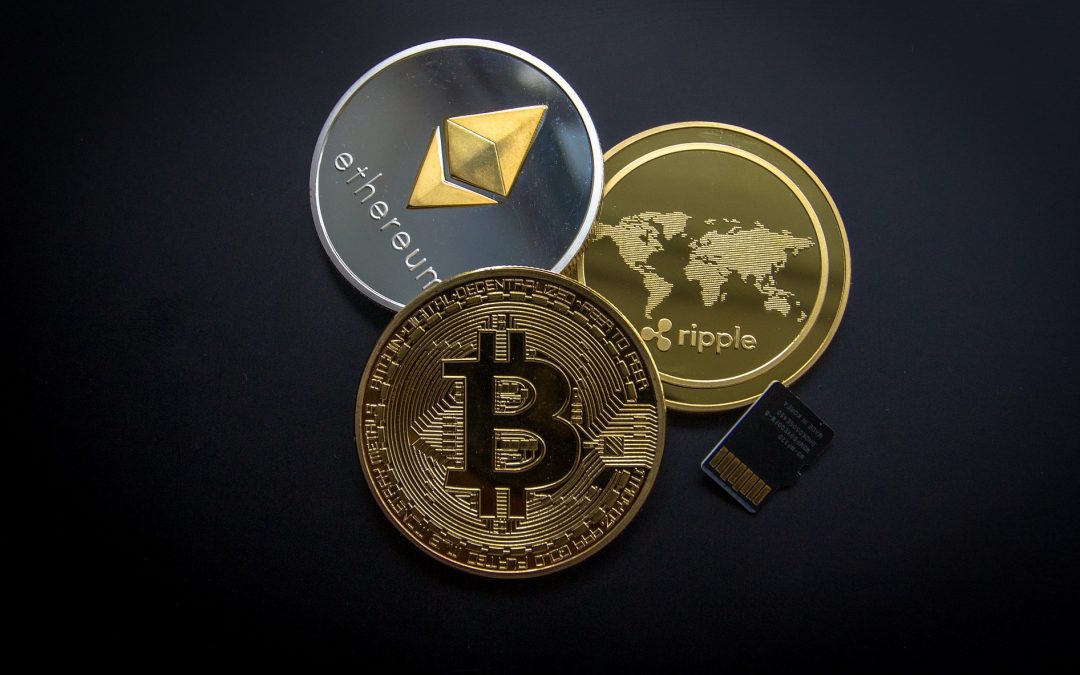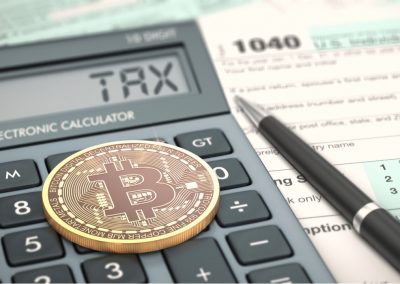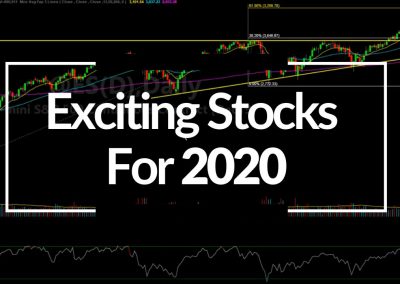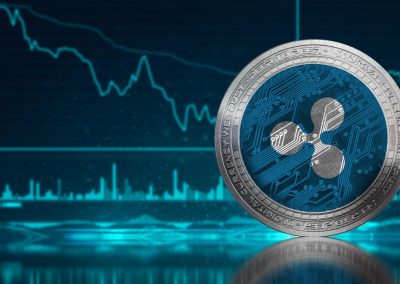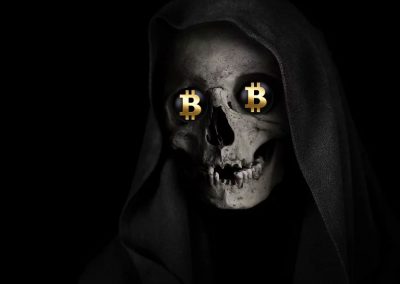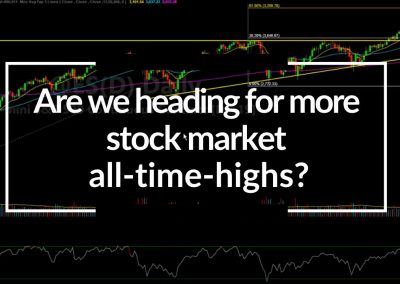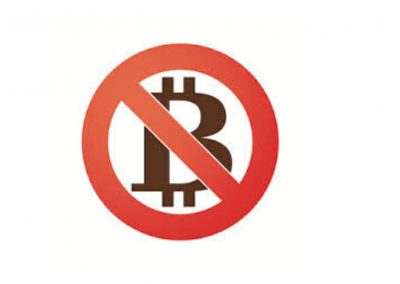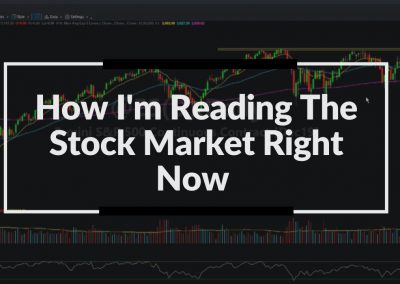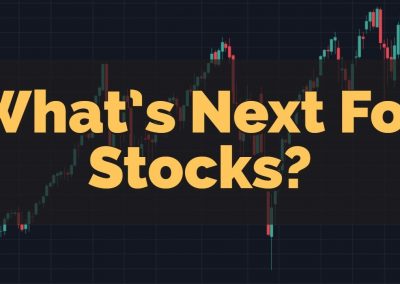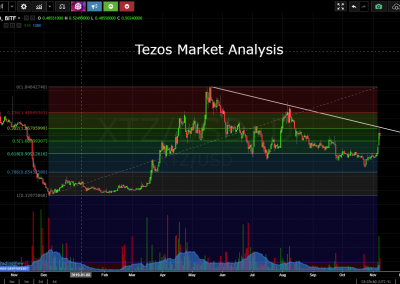Having been around since 2011, Kraken is a well-known exchange for buying and trading cryptocurrencies. The platform is available internationally, supports fiat currencies, and has a wide variety of trading pairs. In fact, Kraken holds the record for the highest trading volume when it comes to Bitcoin and Euro conversions.
It is based in San Francisco and supports fiat trading in the United States, Canada, most European countries, and Japan. On top of this, Kraken is hack-resistant, and even allows large companies to make private trades with one another.
The exchange is a great place to start investing in cryptocurrencies. With this post, we’re going to show you how to get started.
Create an Account
Kraken offers two types of accounts: basic and advanced. Basic accounts require the minimum amount of information: name, address, date of birth, and phone number.
Advanced accounts necessitate much more, but are needed for those who trade regularly. An advanced upgrade asks for the following:
- ID confirmation
- Social Security Number in the United States
- Two-factor Authentication
Once you have an advanced account, you can link a bank account or transfer in any cryptocurrencies you already have.
Make A Deposit
After your account is set-up, move to the Funding tab and selecting a method for deposit. As mentioned, you can use cryptocurrencies to transfer, or you can link a bank account for transfer.
Trading On the Platform
Once funding is complete, go to the “trade” tab and click on “new order.” On this menu, you can pick a currency to purchase and select how you’d like to pay for it.
Then, you can choose to either market order or limit order the desired cryptocurrency.
Market Order
A market order is buying or selling a cryptocurrency at the current market price. It is essentially an instant trade. That said, this could be either incredibly beneficial or ridiculously terrible depending on how volatile the market is. If there is a drastic change soon after you place a market order, you may sell/buy at a price much higher/lower than you intended.
You may pay higher transaction fees with a market order than with a limit order.
Limit Order
A limit order is more of a fulfillment process. Whether buying or selling, you’ll place your desired price on the marketplace. Then, the exchange will automatically fill the order if and when the market reaches that price.
A limit order will have lower fees than a market order.
Fees
Like most exchanges, Kraken has both transfer and transaction fees one must consider.
Fiat Transfer Fees
EUR SEPA: Free Deposits/€0.09 Withdrawals.
USD: USD 5 Deposit/Withdrawal – In the United States. USD 10 Deposit/Withdrawal – Outside the United States.
JPY: Free Deposit, ¥5,000 minimum/¥20 Withdrawals.
CAD: Free Deposit/$10 Withdrawal + $25k Daily Limit.
Digital Transfer Fees
Bitcoin: Free Deposit/฿0.001 Withdrawal.
Ether: Tiny Deposit Fee/Ξ0.005 Withdrawal.
Ripple: Free Deposit/Ʀ0.02 Withdrawal.
Litecoin: Free Deposit/(Ł0.02 Withdrawal.
Bitcoin Cash: Free Deposit/฿0.001 Withdrawal.
Tether: Free Deposit/USD₮ 5 Withdrawal.
Marketplace Transaction Fees
All transactions under 50,000 in volume include a fee of 0.16% for the trader and a 0.26% fee for the recipient. This occurs not only for fiat to Bitcoin trades but nearly every single Altcoin trade as well.
Any higher than 50,000, transaction fees lower to 0.14% and 0.24%, with trades higher than 10,000,000 in volume seeing 0% and 0.10%. Volume is based on a 30-day period, and transaction fees are per trade.
Trading Tiers
Kraken also has a tiered system for verification, and each one affects your limits.
Here is a breakdown of the tiers:
Tier 1
An account that cannot trade or transfer fiat currency, only digital. This tier requires the following information:
- Full Name
- Date of Birth
- Country
- Phone Number
Tier 1 accounts can either withdraw or deposit cryptocurrencies, and trade in fiat or crypto. They can deposit as much as they’d like, but there is a $2,500 per day and $20,000 per month withdrawal limit. For depositing fiat currencies, users must move to Tier 2 and beyond.
Tier 2
This tier requires the following information on top of the previous info:
- Physical address
Tier 2 allows users to deposit fiat currencies up to $2,000 a day and $10,000 a month if they’re in a supported location. Bank deposits and withdrawals also become available in those same areas. Crypto withdrawals are limited to $5,000 a day and $50,000 a month.
Tier 3
Fiat funding limits are a lot higher. This tier requires the following information:
- Identity verification
- Recent proof of residence
Tier 3 users can participate in margin trades and work with fiat currencies however they would like. However, both fiat deposits and withdrawals cap out at $25,000 a day and $200,000 per month. Digital withdrawals only allow for $50,000 a day and $200,000 per month. Any locations that could not withdraw and deposit fiat currencies at Tier 2 can now do so at Tier 3.
Tier 4
This tier is only for high-volume traders or businesses. One must request access from the Kraken staff for verification submission. This tier requires the following information:
- Signed form
- KYC document
The Kraken staff must see a good reason to allow a Tier 4 rating – they don’t just hand it out to everyone who requests.
Keeping Your Account Secure
Now that you have everything set-up, you’ll want to keep your account as secure as possible. Don’t forget to establish two-factor authentication on both your Kraken account and the associated e-mail. Then, lock your Kraken account with their global settings before creating another layer of 2FA on funding and trading.
While these extra layers may seem like a hassle, they are essential in keeping your account as secure as possible. It may seem annoying when logging in time and time again, but you would regret ignoring these layers if and when your account is targeted.
Join our community of cryptocurrency traders and investors to take your experience to the next level.
